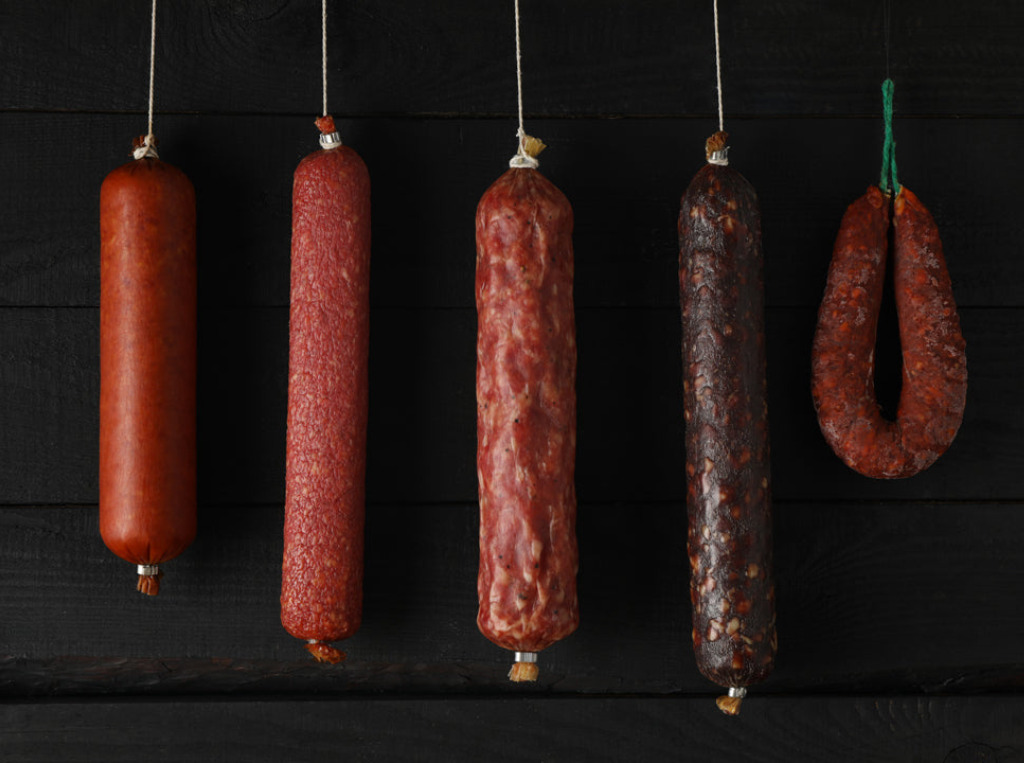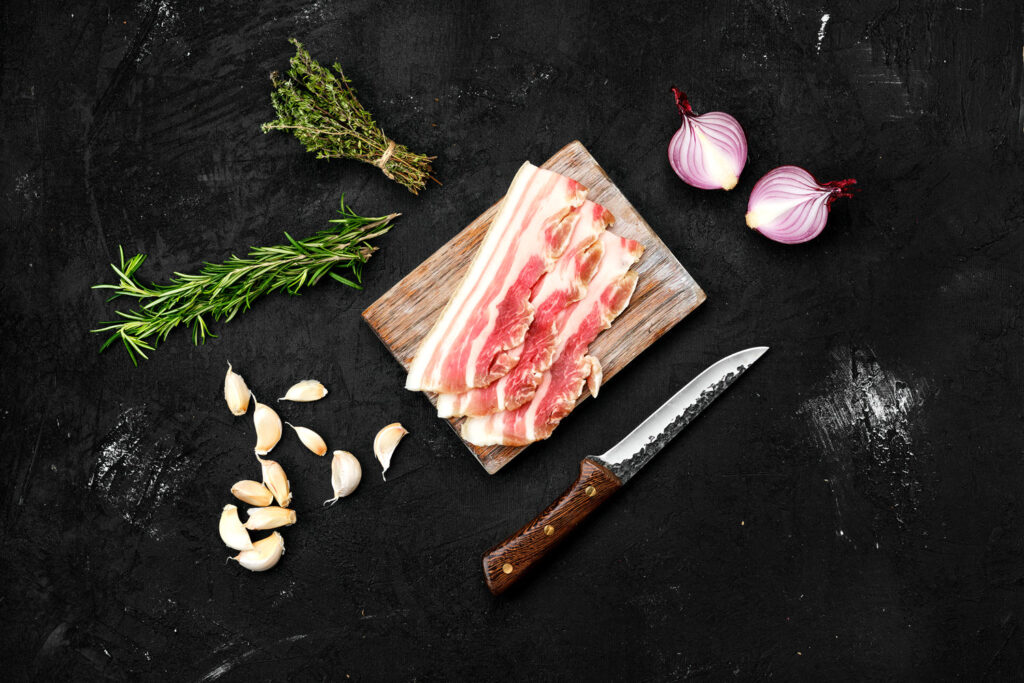The World’s First 100% Cultivated Meat Butchery Is in the Works in Canada
4 Mins Read
Canadian cultivated meat startup The Better Butchers has revealed plans to open what would be the world’s first exclusively cultured meat butchery within the next two years. The brand says it wants to be Canada’s first company to launch cultivated meat to market, and has had “positive discussions” with regulatory authorities in the country.
The startup is founded by Mitchell Scott, who was the former co-founder of US plant-based meat brand The Very Good Food Company. Scott was terminated as company CEO in 2022, and the business itself went into receivership this year.
“When I was unceremoniously exited from the plant-based food company I co-founded, I started looking into it and ended up building out a team to start the world’s first cultivated butchery,” Scott told Vegconomist. “In addition to having the potential to solve massive environmental, ethical and health concerns, I think cultivated meat can also solve some of the consumer adoption issues facing plant-based meat, such as taste, texture, and long ingredient lists.”
The Better Butchers plans to open its cultivated meat butchery in Vancouver in 2024, and is currently also focusing on a direct-to-consumer product portfolio, with plans to enter foodservice and wholesale in the aftermath. The brand is working on prototypes of cultivated pork sausages, meatballs and marinated steaks.
Canada’s regulatory process

Scott said the company has had positive discussions with regulators for a potential approval of The Better Butchers’ cultivated meat products. He expects just over a 12-month process to get the regulatory seal, once the prototypes are complete in Q1 2024.
According to industry think tank the Good Food Institute, Canada has stated its intent to regulate cultivated meat under its current novel foods regulations, instead of considering new regulatory approaches. Authorisation requires a premarket proposal with detailed information about the product. And the approval process is made up of three parts: a ‘letter of no objection’ for human food use; a premarket assessment for new animal feed, regardless of whether the product is intended for that purpose; and an environmental assessment.
Canada’s regulator, Health Canada, is also working in tandem with Food Standards Australia New Zealand on applications of GMO food safety assessment components. The collaboration will see one body take the lead while the other peer reviews, which streamlines the regulatory process, saves costs for both applicants and agencies, and maintains regulators’ independence for final approval.
Meanwhile, since the US is already further up the regulatory ladder after becoming only the second country to approve the sale of cell-cultured meat this June, The Better Butchers plans to pursue approval in that market too.
Cultivated meat in Canada

Interest in cultivated meat in Canada is booming. A new report published last week by the Canadian Food Innovation Network (CFIN) and Fiddlehead Technologies found that there have been 22 patent filings for cell-based meat tech in the country since 2020, with nine companies working in the nation’s cultivated meat sector. Meanwhile, media coverage about the topic has been more positive in recent years. And Canadians increasingly searched for terms including ‘lab-grown meat’, from its production process to its availability for sale.
GFI also notes that last year, Canada invested in cultivated meat development and commercialisation through the government-funded non-profit Ontario Genomics. It collaborated with Germany’s The Cultivated B. to build a 130,000 sq ft cellular agriculture facility, which will provide a domestic supply of bioreactors. Ontario Genomics also partnered with the CFIN for AcCELLerate-ON, a CAD$900,000 competition for cultivated food and beverage projects. Three of the winners of last year’s contest focused on cultivated meat and seafood.
While The Better Butchers wants to be the first company to bring cultivated meat to Canada’s market, a host of other businesses are working on cell-cultured meat and seafood in the country. And last year, Canada saw the opening of a new Institute of Cellular Agriculture, born out of a strategic partnership between leading cultivated protein investor Cult Food Science, the University of Alberta, and New Harvest Canada.
As for butcheries, while The Better Butchers could very well be the first brand to open a butchery exclusively featuring cultivated meat, it won’t be the first butchery to offer cultivated meat. That honour rests with Singapore-based Huber’s Butchery, which put cultivated meat by GOOD Meat (the first company to receive regulatory approval for cultivated meat, also in Singapore) on its display and menu last December.



